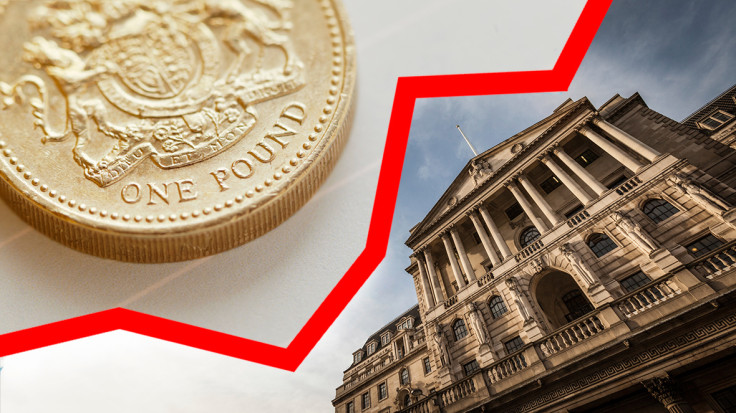Bank of England holds February interest rate at 0.25% and upgrades growth forecasts
UK central bank maintains asset purchase programme at £435bn, and revises growth for 2017 up to 2.0%

The Bank of England held the UK's benchmark interest rate at 0.25% at the conclusion of its latest Monetary Policy Committee (MPC) meeting on Thursday (2 February).
The benchmark rate had been stable at 0.5% from March 2009 to August 2016, when the MPC decided to reduce it by 25 basis points that month, in the wake of dire survey data following the Brexit vote.
The holding pattern was supplemented yet again by a decision to maintain the central bank's asset purchase programme at £435bn ($547.6bn) which was in line with market expectations.
The Term Funding Scheme – instituted in August to reinforce the pass-through of the cut in interest rate and the purchase of up to £10bn in UK corporate bonds – was also maintained for February.
In an accompanying statement, the MPC upgraded economic growth forecast in 2017 to 2.0% and expects growth of 1.6% in 2018 and 1.7% in 2019. "The upgraded outlook over the forecast period reflects the fiscal stimulus announced in the Chancellor's Autumn Statement, firmer momentum in global activity, higher global equity prices and more supportive credit conditions, particularly for households."
The bank also said domestic demand has been stronger than expected over the past few months, and there have been relatively few signs of the slowdown in consumer spending that the MPC had anticipated following the EU referendum.
"Nevertheless, continued moderation in pay growth and higher import prices following sterling's depreciation are likely to mean materially weaker household real income growth over the coming few years. As a consequence, real consumer spending is likely to slow."
Ben Brettell, senior economist at Hargreaves Lansdown, said the MPC faces a tough job in the coming months as it seeks to balance a surprisingly resilient economy, higher inflation and the difficult-to-quantify risks posed by Brexit.
"Unsurprisingly interest rates were left on hold, but some MPC are getting a little closer to the limits of their tolerance for higher inflation. This could mean we see the first interest rate rise in more than a decade at some point this year, particularly if wage growth turns out stronger than expected.
"However I still feel this is improbable. The most likely scenario is that higher inflation and weaker pay growth will squeeze household budgets, meaning consumer spending is likely to slow in real terms. The Bank is unlikely to take the risk of raising borrowing costs in this environment. If it does happen, I would expect rates to remain at their previous low of 0.5% for some significant time afterwards."
© Copyright IBTimes 2025. All rights reserved.




















